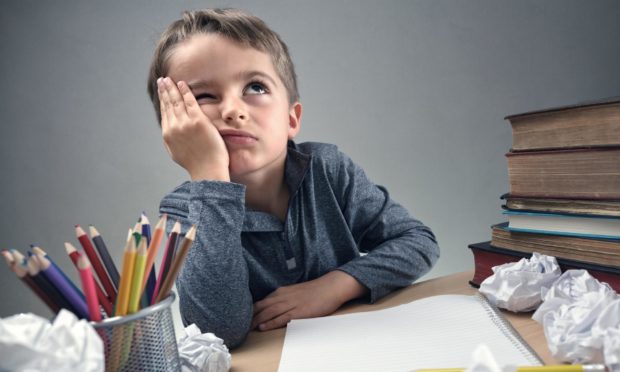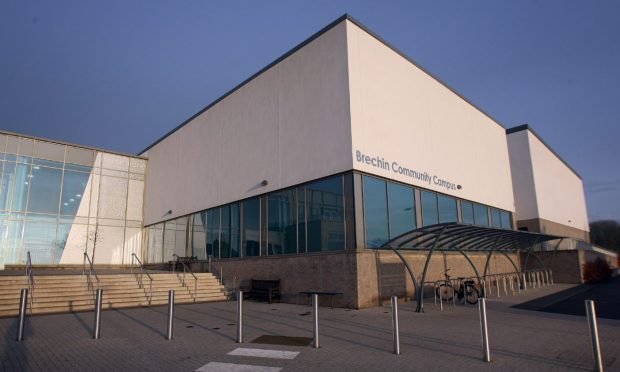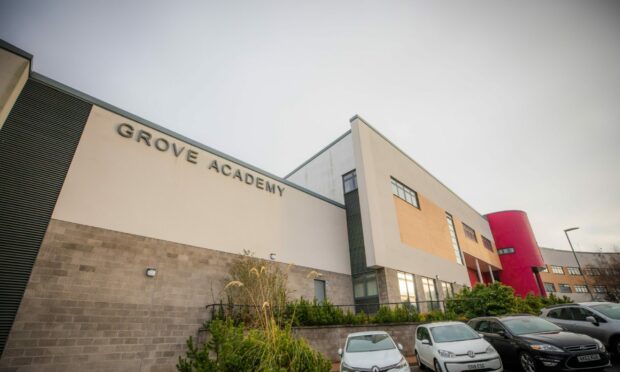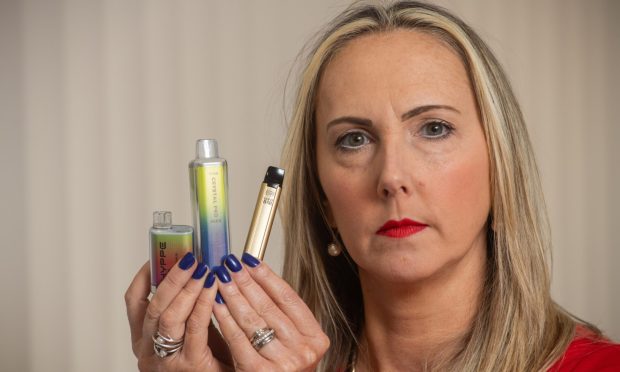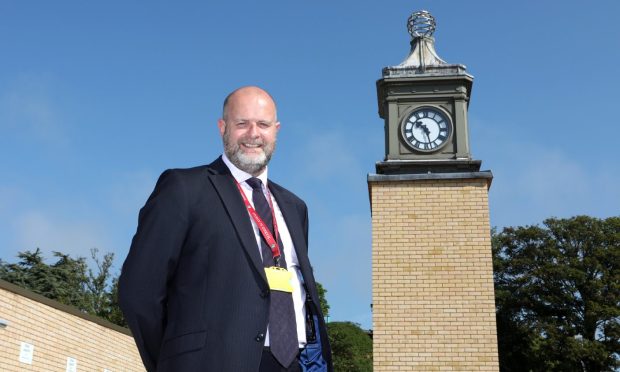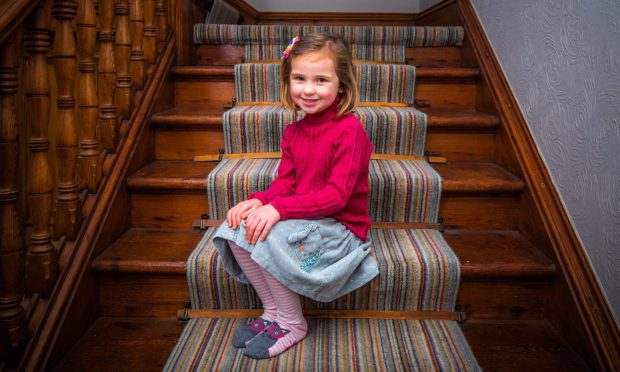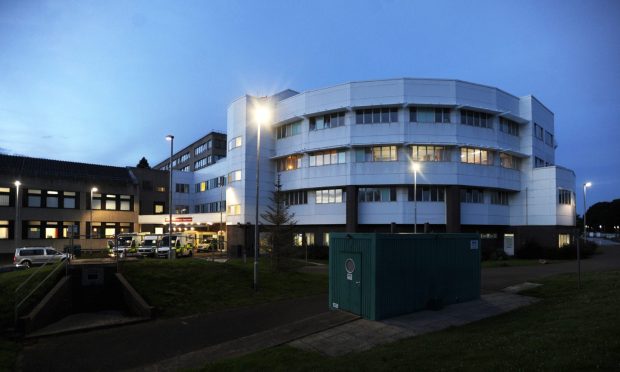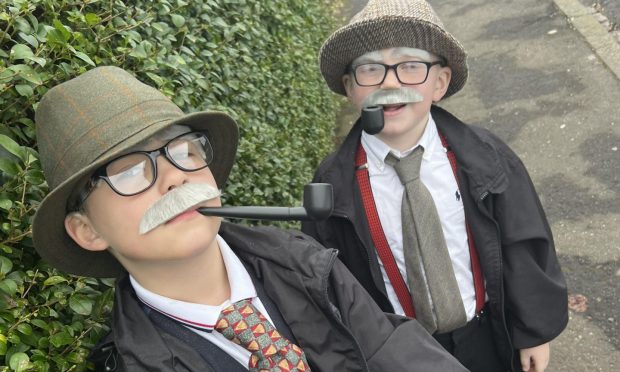Homework for primary school children. Is it more important than ever, given the amount of class time they have missed out on over the past year? Or does it put extra pressure on kids already impacted upon by the pandemic, when they should be outside playing and being children?
It’s a question likely to divide parents and teachers – with some eager to ensure youngsters catch up on as much learning as possible and others anxious that it places a burden on families after an already long day at school and work.
And it’s a decades-old debate reignited by the Scottish Greens, whose election manifesto to be launched on Wednesday will include a proposal that homework is scrapped for primary school pupils.
We want to know what you think.
The Scottish Greens referred to a report by Dr Kylie Bradfield and Professor Mark Priestley, of Stirling University, which cites experts who believe there is “no thorough evidence supporting the effectiveness of homework”.
Their education spokesman Ross Greer said that lots of homework at primary school puts children off learning and takes away from “critically important” time playing with friends and developing social skills.
Mr Greer said: “Children are learning all the time. Going out and playing with their friends, they are learning a great deal and that is incredibly important.
“We want to make sure, especially now, especially over the next couple of years, that they have the time to do that.”
There was evidence, he said, that homework could contribute to anxiety and mental health issues and actually widen the attainment gap by disadvantaging those from chaotic households or whose parents weren’t able to help them.
Mr Greer said: “In a lot of cases you are seeing quite substantial amounts of homework being issued and a lot of the evidence is showing there is not actually a great deal of, and in some cases really not any, educational benefit.
“Their attainment is not being increased by the homework they are getting.
Their attainment is not being increased by the homework they are getting.”
Ross Greer, Scottish Greens
“If we want happy, healthy, young people who are enthusiastic about and prepared to learn, not giving them homework in primary school is a much better way of doing that.”
The report written last year for the Greens by Dr Bradfield and Prof Priestley states that opinion has swung for and against homework for decades.
Those who support homework argue that it is connected with greater achievement, they say, and that it prepares children for employment.
However, the study also highlighted concerns about educational inequality and impact on wellbeing, particularly for poorer students whose home environments could make completing homework more difficult.
